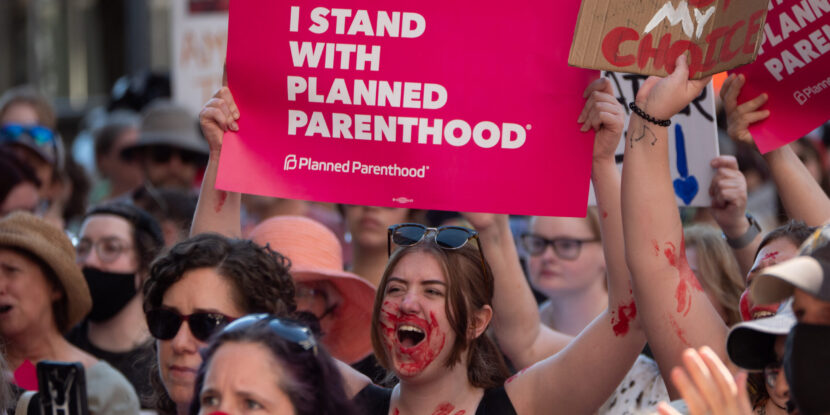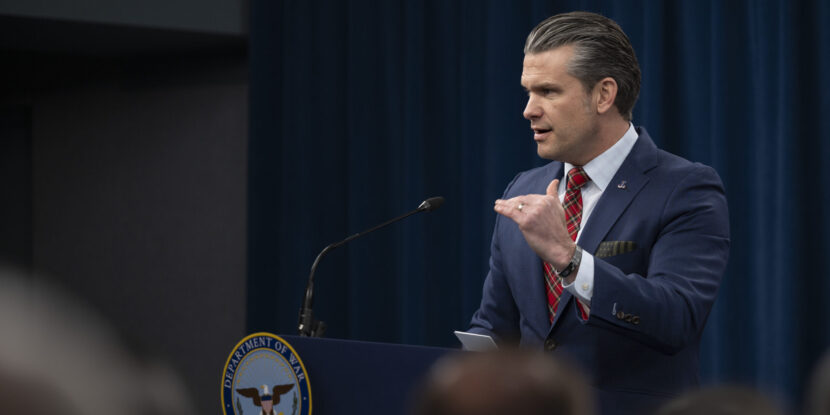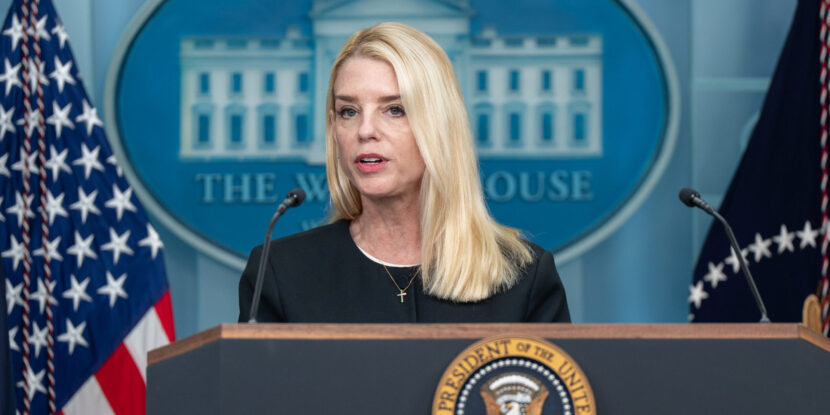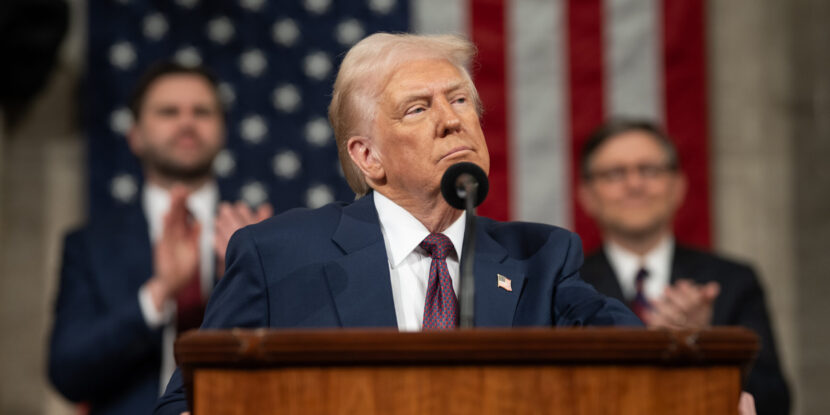❓WHAT HAPPENED: A noticeable gap has emerged in childbearing rates between conservative and liberal women aged 18-35, with conservatives embracing motherhood as liberals reject it more and more.
👤WHO WAS INVOLVED: Samuel Perry, a sociology professor, conducted the analysis using the General Social Survey.
📍WHEN & WHERE: The data highlights trends from 2010 to 2024 in the United States.
💬KEY QUOTE: “Liberals are leaning hard into being DINKs [Dual Income No Kids], being childless or having fewer kids, and it being very much a choice, whereas for conservatives having kids is still very much a part of what it means to be a whole person.” – Samuel Perry.
🎯IMPACT: The increasing disparity could see conservative families far outnumber liberals in the decades ahead.
A new analysis by Samuel Perry, a sociology professor at the University of Oklahoma, points to a growing ideological divide in childbearing among American women. Using data from the General Social Survey, Perry found that liberal and conservative women aged 18 to 35 are increasingly making very different decisions about whether to have children. In 2010, the difference in childlessness between the two groups was small, about a five-point gap.
By 2024, however, the gap had widened substantially. According to Perry, roughly 75 percent of liberal women in this age group were childless in 2024, compared with about 40 percent of conservative women. “Liberals are leaning hard into being DINKs [Dual Income No Kids], being childless or having fewer kids, and it being very much a choice, whereas for conservatives having kids is still very much a part of what it means to be a whole person,” he said.
The data reflect broader demographic shifts occurring across the United States. Birthrates have continued to decline, with recent figures showing the U.S. total fertility rate hovering near 1.6 births per woman, well below the replacement level of 2.1. The continued downturn has raised concerns among analysts who note that declining family formation among younger adults, especially younger liberals, may accelerate long-term population stagnation.
These worries are amplified by emerging research on reproductive health. Public figures, including Robert F. Kennedy Jr., have pointed to significant drops in average sperm counts and testosterone levels among men, trends he has described as contributing to a broader “birthrate collapse.” He has warned that these shifts could carry serious social and economic consequences if not addressed.
The combination of ideological divides, declining fertility, and deteriorating reproductive health indicators suggests that cultural attitudes toward parenting are shifting in ways that may shape future policy debates. While many young liberals appear to view remaining childless as an intentional lifestyle choice tied to autonomy and economic flexibility, young conservatives are more likely to see parenthood as a key element of personal fulfillment.
The widening gap in family formation between the two groups could influence not only demographic patterns but also political and social dynamics in the decades ahead.
Join Pulse+ to comment below, and receive exclusive e-mail analyses.



















